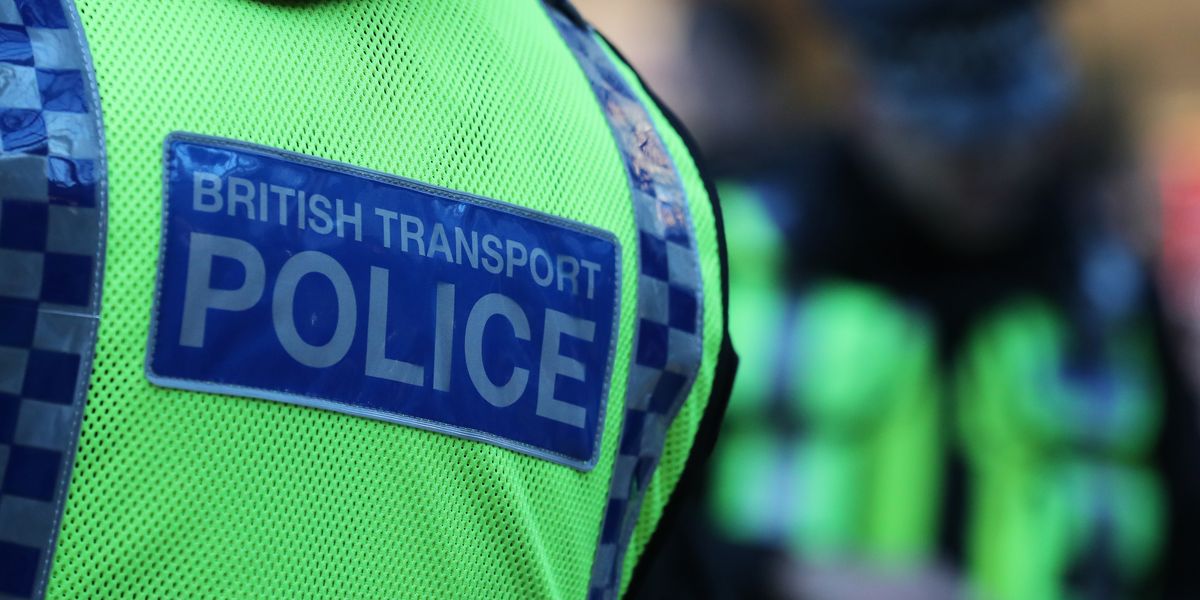Seven people have already appeared in court, with another six still to appear. The WhatsApp group was centrally featured in the prosecution's statements during the trial.
By YUVAL BARNEA DECEMBER 14, 2024 03:17 The city of Amsterdam
(photo credit: c4i)
The city of Amsterdam
(photo credit: c4i)
As the trial of several people accused of being involved in the riots that rocked Amsterdam last month started on Wednesday, a WhatsApp group is emerging as one of the main vectors that spread calls for violence.
The group, known as "Buurthuis 2" (Community Center 2), originally called "Free Palastin", was one of the main sources of calls for violence against Maccabi Tel Aviv fans and Israelis in the city, according to reports from Het Parool.
The defendants in the trial are accused of various crimes ranging from incitement to manslaughter.
The prosecution is sourcing much of the evidence from the group, in which members posted messages organizing people to confront Maccabi fans.
Someone calling themselves "Abu Obaida" (the nom de guerre of Hamas's spokesperson), called for members to do something against the Maccabi fans. The same account begins posting photos of Maccabi fans, provoking anger.
Following the posting of a video showing Maccabi fans removing a Palestinian flag, the Abou Oubaida account posts, "We are so weak. I'm done with this. I'm going to call people and go to Dam Square. Fucking Zionists."
Dutch police told Het Parool that they monitor many such groups and that, in the vast majority of cases, there is a lot of talk but little action.
Calls for violence against Maccabi fans
Following the assault of a taxi driver by alleged Maccabi fans, many taxi drivers joined the WhatsApp group, with one calling on them to "'Drive your taxi down Arena Boulevard into those people."
Other accounts posted calls for members to "hit them hard," while another declares there must be "at least one death."
One messenger called on people to "humiliate" the Maccabi fans and make them cry for "everything they did in Palestine."
Stay updated with the latest news!
Subscribe to The Jerusalem Post Newsletter
Finally, someone called on them to meet at 6 p.m. and attack "with multiple groups in multiple places at the same time."
They decided that they would meet at a metro station rather than at a mosque, saying the mosque must remain outside their actions.
Some posts tell them to wait until after the match, while others say they are ready to "hunt in groups through the city; we'll pick them off group by group."
Shortly before 11 p.m., a user posted, "Let's go on a massive hunt for Jews in the city," and "I'm so disappointed that hardly any Jews were beaten."
Shortly after, a flurry of messages are posted saying, "GATHER CENTRAL STATION," "NOW OR NEVER," and "WE MUST MAKE THOSE JEWS FEEL WHAT THEY DID TO OUR BROTHERS."
Following this, several videos of Maccabi fans getting beaten or chased were posted, with many responses that celebrated the violence following.
Others posted various items they had taken from the Maccabi fans; one posted a passport, another a phone.
The WhatsApp group was centrally featured in the prosecution's statements during the trial, which began on Wednesday.
The prosecutor also referenced the messages in the group chat as evidence that the violence was primarily driven by anger over Israeli actions in Gaza rather than hatred for Jews.
"In this case, there was no evidence of … a terrorist intent, and the violence was not motivated by antisemitic sentiment. The violence was influenced by the situation in Gaza, not by antisemitism," the prosecutor said.
Seven people have already appeared in court, with another six still to appear, three of them minors.

 By The Jerusalem Post (World News) | Created at 2024-12-14 01:30:07 | Updated at 2024-12-14 03:48:19
2 hours ago
By The Jerusalem Post (World News) | Created at 2024-12-14 01:30:07 | Updated at 2024-12-14 03:48:19
2 hours ago








